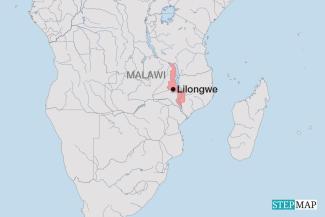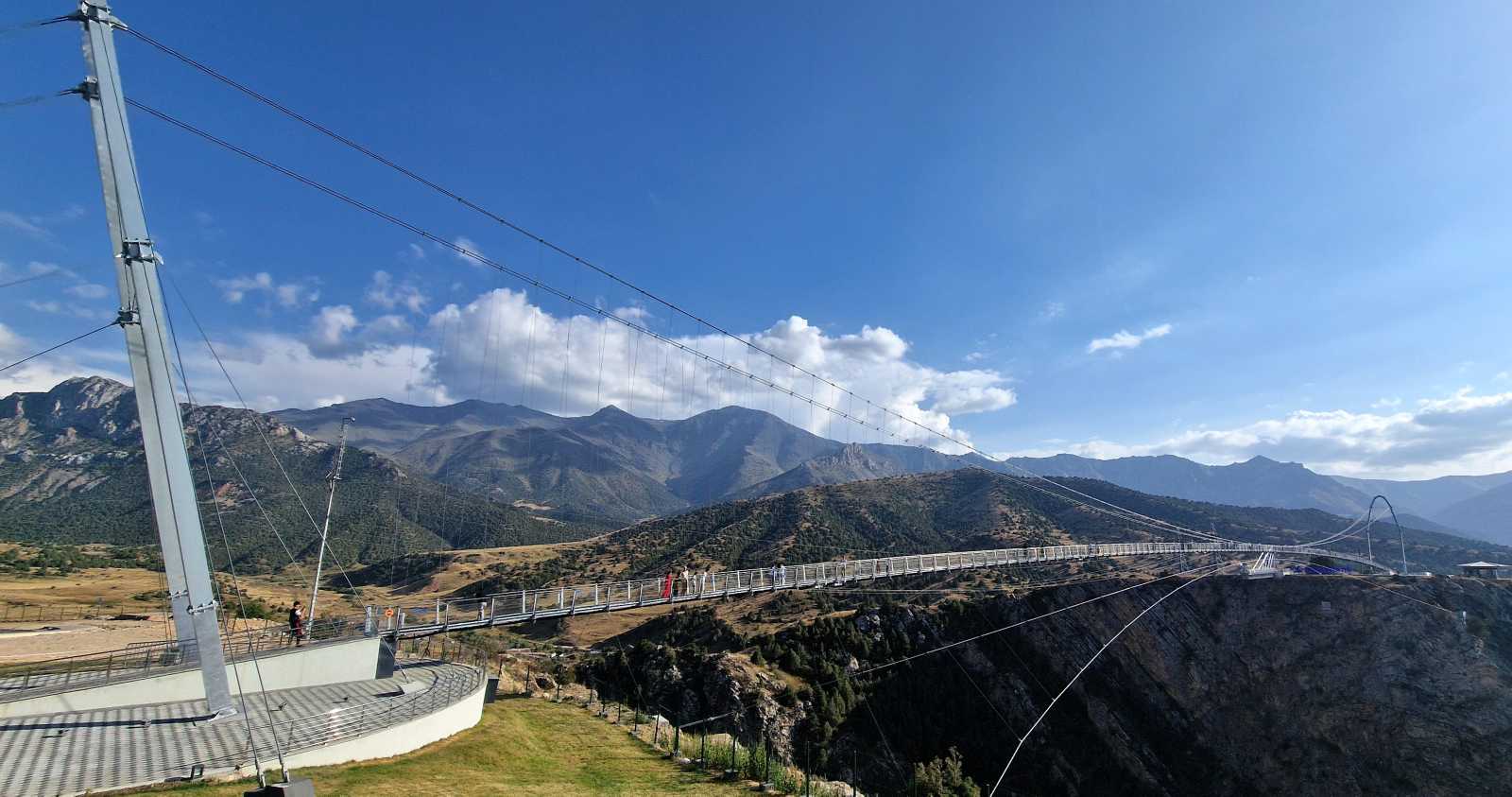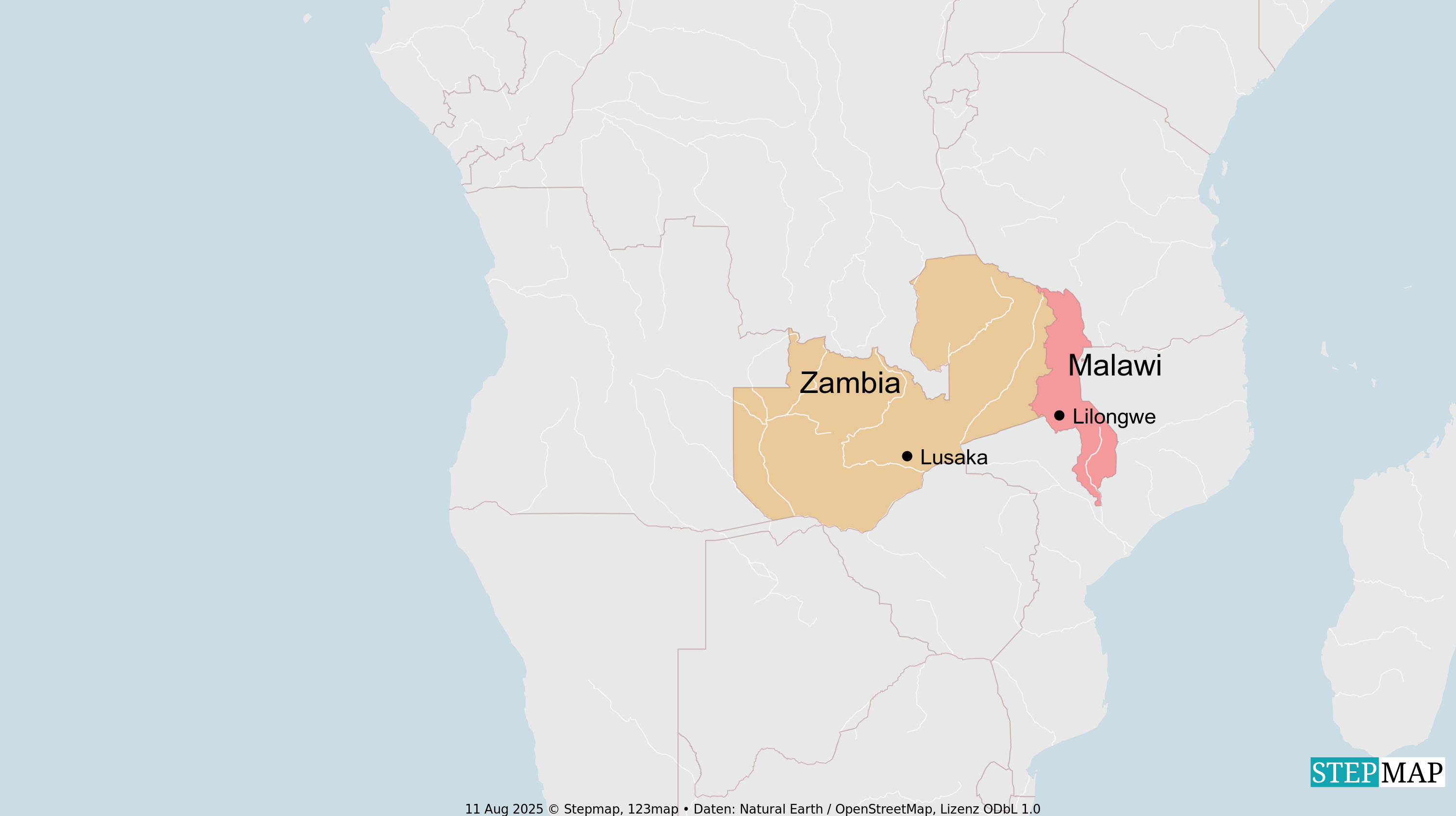Village savings and loan schemes
Credits save life and promote resilience

Credit and savings from the VSLs are used by Malawians for several purposes. For some, it provides money for common groceries in times when agriculture harvests decline. For other families, the credit is used to pay for school tuition fees for their children.
“Although we were badly affected by cyclone Freddy which swept away many farmlands, those that are participating in the VSLs are better off,” says Aubrey Kabudula, a lead farmer in Chikwawa district in the southern region of Malawi, one of the districts most impacted by cyclone Freddy.
Kabudula explains that VSLs collect membership contributions as savings and can later take out credit. These loans are typically small amounts with easy payback terms as compared to mainstream commercial banks. He says: “VSLs are life-saving schemes for villagers who cannot obtain a loan from a commercial bank because the banks usually need collateral, which they do not have.”
The VSLs’ membership is predominantly female. In some VSLs, membership is more than 100 people with over half being women. Typically, in many rural areas of Malawi, women and children suffer more than men in situations of crisis.
“I decided to join the VSLs because I saw the need to do so. Salima district where I am living is experiencing droughts so frequently and when our crops fail in the fields the money we get as loans helps us to buy maize and other foodstuffs,” says Stella Semu, a member of Chifatso Caregroup in the central region of Malawi.
Semu says that had it not been for VSLs, many families would have been facing hunger. “Those of us who are in such loan groups do not feel the impacts of drought as much because many of us have livestock such as goats which we bought with money from the VSLs,” she says.
Ellen Zaya, a member of the Kautaka Caregroup in Nkhata Bay district in the northern region of Malawi, says that she is not worried during the time of drought. “I got a loan from the VSLs group and bought some goats. I am also currently trading in fish. When I fail to harvest because of drought, I just use the money from my business or sell a goat and buy food for the family,” says Zaya.
Many rural dwellers treat their VSLs as a sort of family, one from which they can get moral and financial support in times of hardship. This is what makes the VSLs thrive over traditional banking systems which are often focused on making a profit at all cost. Support for VSLs comes from the Malawian government and international donors promoting microfinance solutions.
Raphael Mweninguwe is a freelance journalist based in Malawi.
raphael.mweninguwe@hotmail.com












